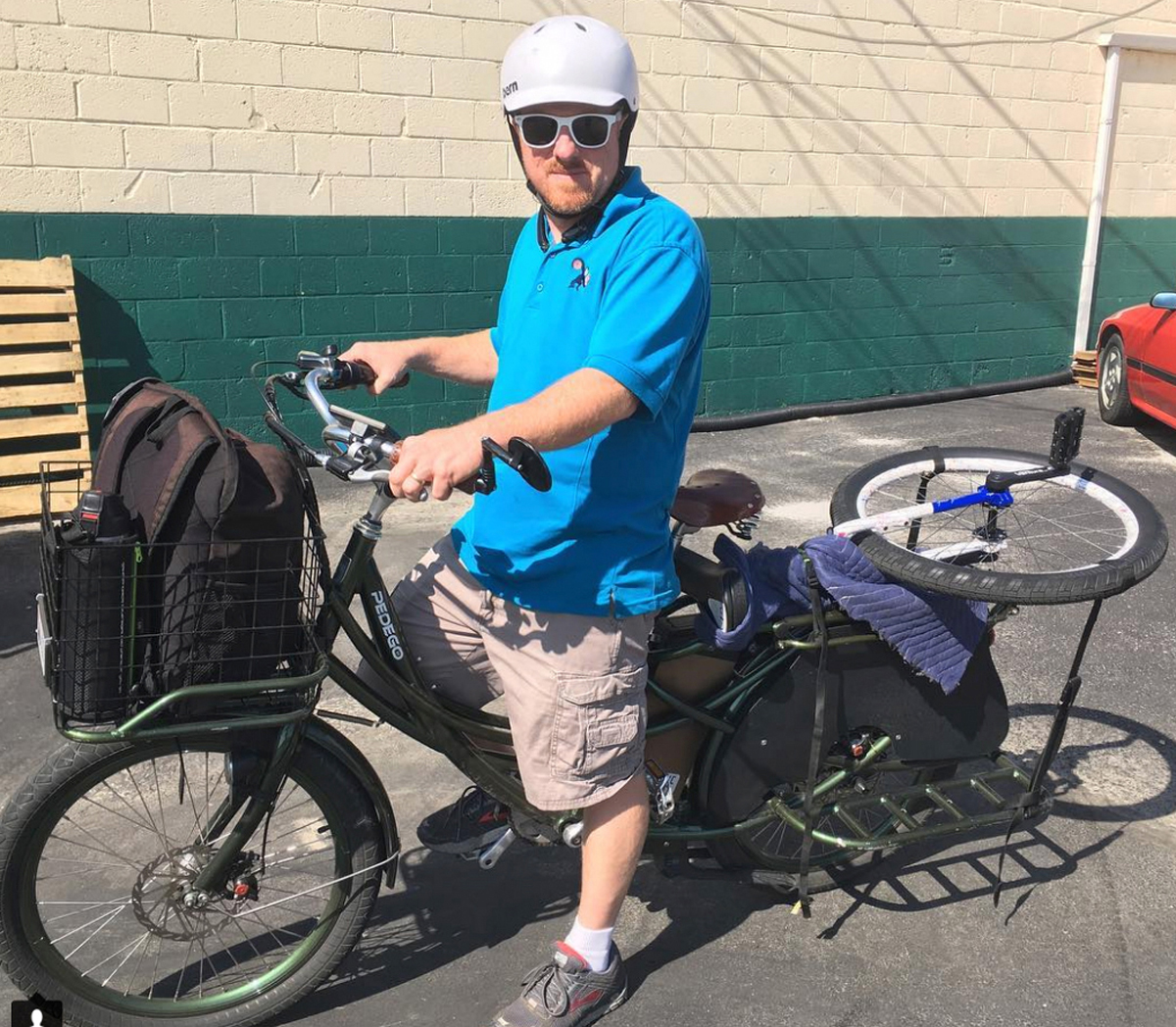By Charles Pekow — Rebates, subsidies, tax credits, loans … communities across North American are trying to encourage people to use e-bikes in all sorts of ways. Portland State University developed a list of organized efforts in at least 90 communities in the United States and Canada trying to incentivize people to ride e-bikes as of mid-February. The programs involve state, regional and local governments as well as utilities and the private sector. Some states and communities are trying several methods at once (https://docs.google.com/spreadsheets/d/1C-sYcwLrQFsr8r2A6RiAP2RwGsBNwr1BKOF_HJvCsVU/).
These efforts range from tax waivers to rebates, subsides, vouchers with a trade-in, lending libraries, and so on. Most subsidy program are capped. Some require users to buy from a local bike shop. Many on the list are still on the drawing board or if they’ve been approved, haven’t started yet. Some programs use income eligibility requirements or sliding scales.

Many programs in California are in the works. In Berkeley, Waterside Workshops, a local non-profit youth services provider, received a $250,000 grant for a year-long pilot program to provide about 50 e-bikes to low-income residents. Waterside opened an application period in February and within a week, about 300 people applied with several weeks left to go. “It could be a lot more than that,” Executive Director Neil Larsen says. Waterside will select winners by lottery as long as they live in Berkeley and are over 18, with a preference given to households at or below 80 percent of the county median income. Waterside hasn’t figured how the mix of vehicles, which will depend on factors such as how many people need cargo bikes. They cost more than regular e-bikes and may cut the supply Waterside can offer.
Participants will get quarterly bike maintenance checks. “We’ll see what sort of changes it can make to people’s lives. Will it improve their lives through economics or ability to get around?” Larsen explains. It’s not clear what will happen to the pilot after a year. “There’s no guarantee for future funding,” he says. “We’ve been looking for other sources of funding to expand the program.”
Larsen hopes participants will be able to keep the bikes. “I want to keep the bikes free. It doesn’t feel right to say, ‘here’s a bike you can have for a year, and you’ll be helped for a year’ and then take it back.”
Also in Berkeley, several city councilmembers introduced legislation last year to create rebates for buying e-bikes, which is still pending.
In this past August, the California Air Resources Board (CARB) announced launch of a statewide Electric Bicycle Incentive Project to help low-income Californians buy e-bikes to use in place of autos. At the time, CARB said it planned to start it “the first quarter of 2023.”
However, in February, CARB Information Officer Melanie Turner said the project was delayed but CARB hopes it starts in the second quarter. “We’re still working on how it will work” and haven’t set a date, Turner said.
“When creating a new program, we can make an estimate about when it the program is expected to launch.
There are many moving parts and while initially it was thought the program would launch in the first quarter of this year, work related to developing the application for the program, developing an outreach plan for the program, and initial delays related to signing the grant all played a role in pushing out the anticipated start date,” Turner replied in an email.
Also in California, Oakland’s plan for a bicycle lending library was postponed. CARB gave the city funding to provide adaptive and electric bicycles to help people with limited mobility and low incomes to get around. It plans a mix of everything from tandems to cargo bikes, tricycles and handcycles. In August 2022, it hoped for a mid-October launch. “We had some delays and are not expecting to launch the program until June of this year [2023],” Oakland Department of Transportation New Mobility Supervisor Kerby Olsen recently stated in an email. A spokesperson for the contractor, GRID Alternatives, told us to email. We did and did not receive a response.





